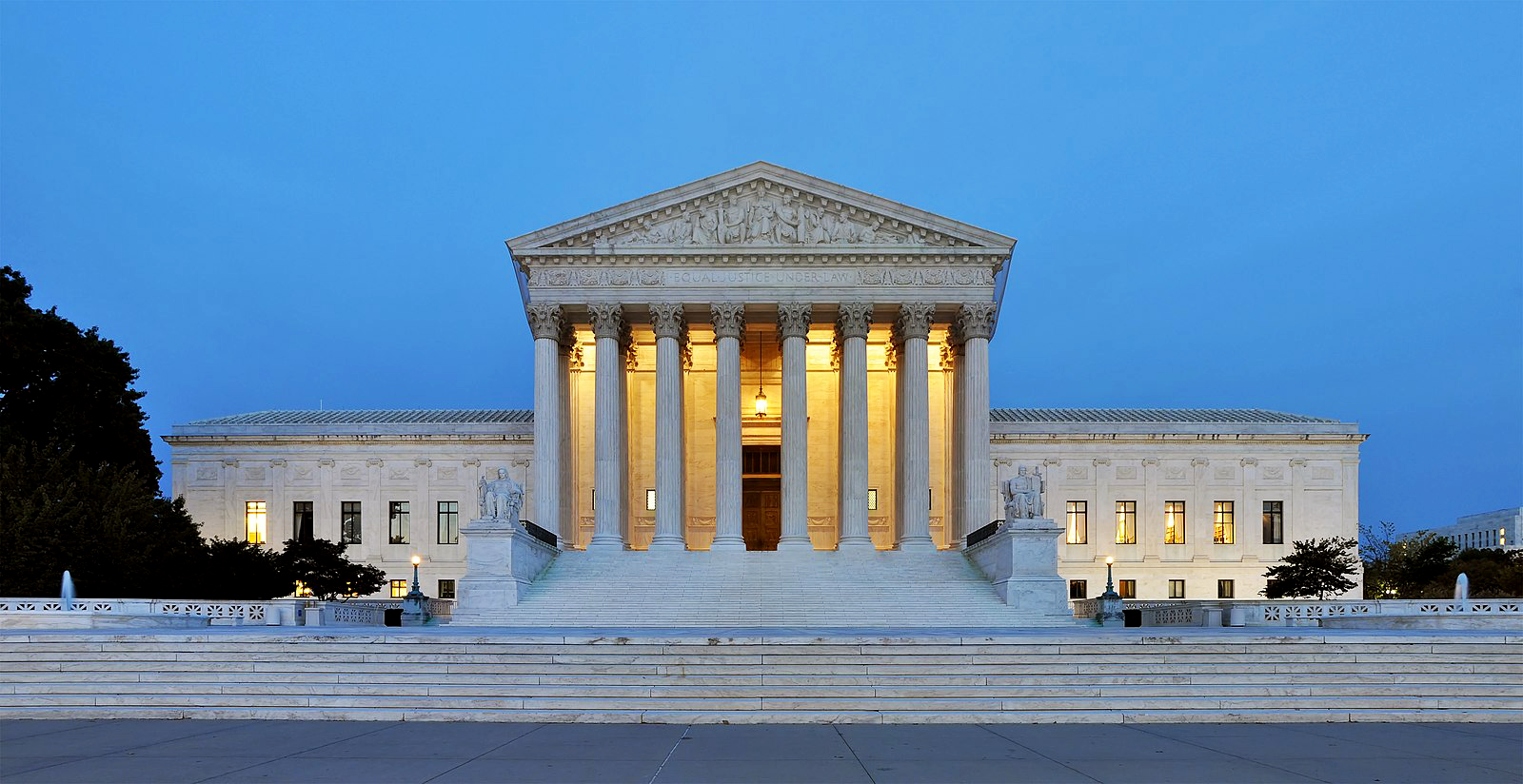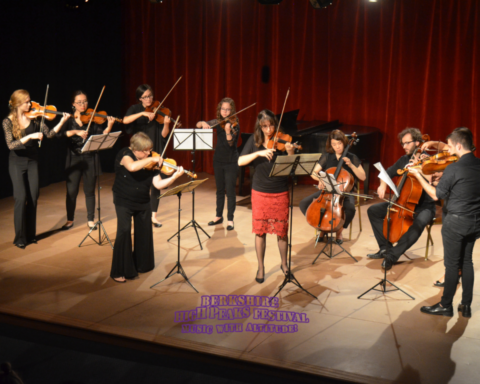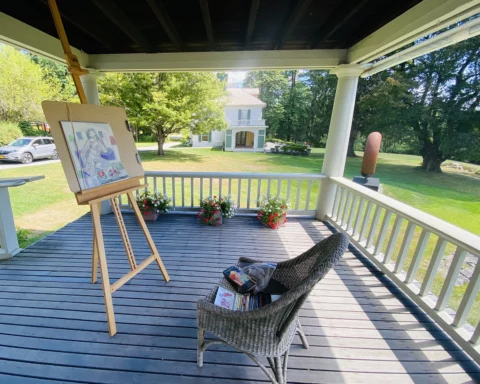Mass pols, Berkshire higher ed leaders, respond to SCOTUS wrecking ball

WASHINGTON — June 29, 2023, In a groundbreaking day for affirmative action in college admissions, the Supreme Court of the United States delivered two significant rulings that are set to shape the future of admissions policies across the nation. Today, the court issued separate decisions in Students for Fair Admissions Inc. v. University of North Carolina (UNC) and Students for Fair Admissions, Inc. v. President and Fellows of Harvard College.
The Supreme Court’s release of its decisions is noteworthy also for the timing, occurring shortly after both Juneteenth and the end of classes at colleges across the country, fueling suspicions among some activists that widespread demonstrations were intentionally proactively short-circuited.
Decisions Rely Heavily on Definition of “Narrowly-Tailored”
In the case against UNC, the Supreme Court ruled 6-3 that the university’s admissions policy violates the Equal Protection Clause of the 14th Amendment. The court found that UNC’s use of race as a factor in admissions was not narrowly tailored to achieve the compelling interest of diversity. This ruling was a major victory for Students for Fair Admissions (SFFA), the group that challenged UNC’s admissions policy on the grounds of discrimination against Asian American applicants.
SFFA argued that UNC’s use of race was unnecessary to achieve diversity and suggested that the university could instead consider socioeconomic status or geographic background to achieve its diversity goals. Agreeing with SFFA, the Supreme Court found that UNC’s use of race was not sufficiently tailored. The court raised concerns over the lack of transparency in the admissions process, making it difficult to ascertain how race was truly being considered. Additionally, the court noted that UNC had not adequately explored race-neutral alternatives to achieve diversity.
The ruling against UNC marks the second time since 2003 that the Supreme Court has ruled against the use of race in college admissions. This decision is a major setback for affirmative action in college admissions and is likely to have significant implications for admissions policies nationwide.
The key takeaways from the Supreme Court’s ruling against Harvard are:
- The Supreme Court determined that Harvard’s use of race in admissions contravenes the Equal Protection Clause.
- The court found that Harvard’s consideration of race was not narrowly tailored to achieve the compelling interest of diversity.
- This ruling represents a significant setback for affirmative action in college admissions.
- Its influence is expected to be profound, shaping college admissions policies across the country.
The Supreme Court determined that Harvard’s use of race in admissions contravenes the Equal Protection Clause.
The court found that Harvard’s consideration of race was not narrowly tailored to achieve the compelling interest of diversity.
This ruling represents a significant setback for affirmative action in college admissions.
Its influence is expected to be profound, shaping college admissions policies across the country.
Massachusetts Officials Respond
In response to the rulings, various officials and institutions in Massachusetts expressed their disappointment while reaffirming their commitment to equity and inclusion.
Massachusetts Attorney General Andrea Joy Campbell criticized the decisions, stating, “We are extremely disappointed by the Supreme Court’s decisions today, which ignore the dark and traumatic parts of our history and refuse to contend with the on-going reality of racism and racial inequities harming Black and brown people across our country, including in higher education.”
Massachusetts NAACP, Bershire Branch President Dennis Powell said that he wasn’t surprised by the ruling.
The Healey-Driscoll Administration, along with Massachusetts institutions of higher education leaders, civil rights advocates, elected officials, and organizations dedicated to equity, issued a joint statement expressing their unwavering commitment to welcoming and inclusive environments for students of color and historically underrepresented individuals in higher education.
The statement, signed by over 130 Massachusetts institutions of higher education, advocacy organizations, and elected officials said, “We want to make sure that students of color, LGBTQ+ students, first generation students, and all students historically underrepresented in higher education feel welcomed and valued at our colleges and universities. Today’s decision, while disappointing, will not change our commitment to these students. We have an imperative to make sure our schools reflect our communities. Our academic competitiveness, the future of our workforce, and our commitment to equity demand we take action.”
Rulings Part of a Broader Regressive Impulse
“I expected this ruling right after they overturn Roe v Wade,” Powell said. “They are destined to take us back in history. I think the justices of the Supreme Court need a little lesson in history. They talk about how the Constitution is colorblind. Chief Justice John Roberts forgets that when the Constitution was written, it was not written for everybody. People were still enslaved. So I think he needs to understand his dates and his history. That was the whole reason for affirmative action, because the Constitution left out people of color, particularly Black people, but all people of color as well.”
James F. Birge, President of MCLA, reiterated the institution’s commitment to accessible and equitable education, stating, “MCLA stands in solidarity with The Healey-Driscoll Administration along with Massachusetts government partners, elected officials, higher education leaders, civil rights advocates, and organizations dedicated to equity.”
Powell projected that the harms caused by todays SCOTUS decision will not be limited to people of color.
“I don’t think the students who brought the lawsuit against Harvard realized that this decision has not made it better for them” he considered. “It’s made it worse for them — [unqualified White students] still don’t have to be taken and there’s nothing they can do about it.”
The ripple effect, Powell predicts, will also travel out nearly immediately into the work world, “And it’s just unfortunate,” he noted, “because it’s also going to affect, I think, every group that has advanced. I think it’s going to affect women with regards to corporate positions.”
Williams College Already Investigating Next Steps
Williams College President Maud S. Mandel and Liz Robinson, Chair of the College’s Board of Trustees, released a joint statement reaffirming their commitment to diversity and inclusion, despite the limitations imposed by the rulings.
They stated, “We are committed to modifying our processes as necessary to continue seeking and supporting a diverse, vibrant, and exceptional learning community within the new legal context.”
Similarly, the State Universities of Massachusetts Council of Presidents emphasized their dedication to ensuring all students feel valued, stating, “The Council of Presidents is committed to being an active partner in forming a united front with the Administration and our public and private higher education partners to ensure that all students continue to see themselves as valued members of our campus communities.”
While disappointment was expressed by many in response to the rulings, institutions and leaders remain resolute in their commitment to equitable access to higher education and will work within the new legal framework to ensure a diverse and inclusive educational environment for all students.
The statement by Mandel and Robinson predicted that parsing out exactly how to interpret the Court’s decision will not be an easy task, the College intends to respond assertively to the new admissions landscape. “The Court’s full decision, they said, “is legally complex and was accompanied by concurrences and dissents. It will take time to read, analyze and assess it for its full implications. Programming is being planned for next fall to help everyone consider the potential effects on Williams and higher education. The college will also soon announce a gathering opportunity for people on campus this summer.”
The statement continued, “For now, we return to our main point: Williams is a remarkable intellectual community in which we see excellence and diversity as fundamentally connected. Although today’s decision has closed off certain established paths toward that vision, especially in regards to race, we will work within the new bounds of law to ensure that the promise of a great liberal arts education remains open to people of all identities, backgrounds and perspectives.”
Birge also offered reassurances to members of the MCLA community who may be anxious about the effects of the SCOTUS ruling. He offered, “We recognize that this decision may cause anxiety and concern for many people. Rest assured that MCLA will continue to be an institution that follows DHE policy on admissions and the intricacies of this decision. We remain an accessible, diverse, and equitable and inclusive institution in our admissions policies for students who desire a high quality, public liberal arts education. We will stay the course in our commitment to our work on creating a safe and equitable campus for everyone.”
20-1199_hgdj








